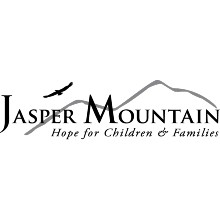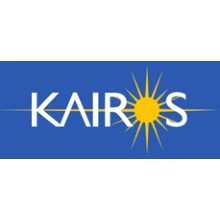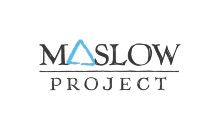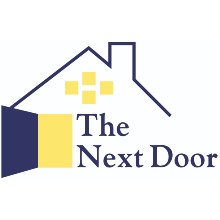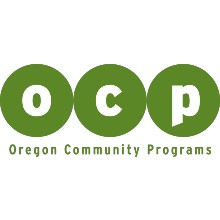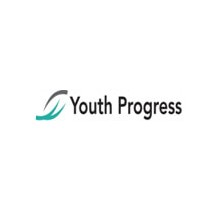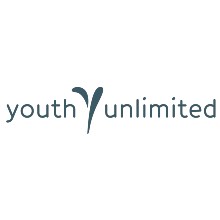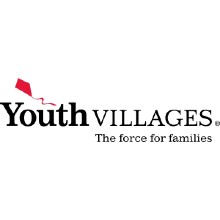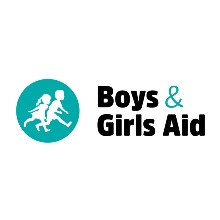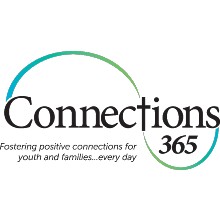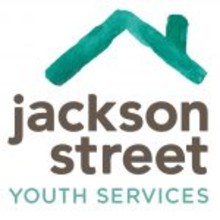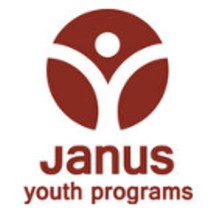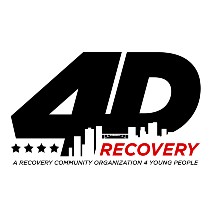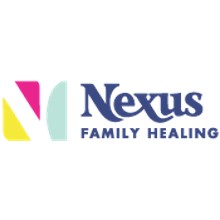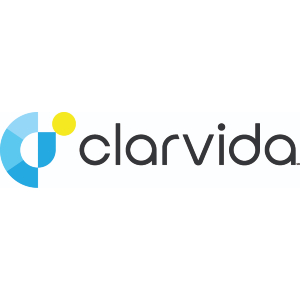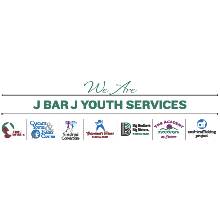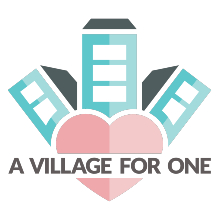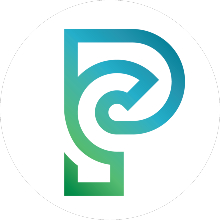|
Oregon Alliance Equity LensGuiding Principles: The Alliance and Center for Excellence recognize equity as a larger societal construct (alongside inequity), and that prevailing disparities in issues such as education, income, employment, occupation, and health have traditionally been reinforced by institutions. The purpose of the Alliance/Center Equity Lens is accountability; to ensure that our process of strategic planning is deliberately inclusive and that decisions are made in ways that promote empowerment. The Lens is also a way that we can reflect on moments that our processes or efforts have failed to live up to the promise of equity.
Our Commitment in Action In the aftermath of the COVID-19 pandemic and as Oregon contends with an uptick of crises among its young people, DEIBA values have become more necessary than ever. BIPOC and LGBTQIA+ youth are vastly more likely to experience housing insecurity and mental health conditions like depression and anxiety. We are committed to helping all young people and their families to overcome these barriers, so they can lead happier, healthier lives. As a collaborative association of community-based organizations, we strive to use our shared voice in service of systems-level change. We acknowledge that the systems we work in have both implicit and explicit biases toward children and families from communities of color, LGBTQIA+ communities, and other marginalized populations, and we strive to support and partner with them through a framework of healing, engagement, and resiliency.
Oregon Child & Family Center for ExcellenceThe Center for Excellence offers trainings that address these complex issues centered around DEIBA efforts and provide solutions for historically marginalized people. DEIBA-Focused Trainings These trainings include:
An important part of our advocacy and community outreach is providing the space for our members to participate in a monthly DEIBA Committee. This committee serves as a way for our members to examine barriers and cultural assumptions that tend to stand in the way of diversity and equity. At our most recent meeting, members discussed how to strengthen workplace inclusivity, create space for meaningful dialogue, and ensure that equity principles are embedded into both organizational practices and community engagement efforts. The Center for Excellence is planning training opportunities for the 2025–2026 year in recognition of Hispanic Heritage Month, Black History Month, and Asian American, Pacific Islander, and Native Hawaiian Heritage Month. These trainings will feature representative speakers, storytellers, and facilitators, and will be open to both members and nonmembers to ensure wide access. The Center for Excellence also partners with member organizations to offer them support in their own internal efforts to promote accessibility and inclusion. We are currently leading a project to better understand how lived experience factors (homelessness, trauma, recovery, etc.) can affect workers within the workplace. The challenges faced by human service workers with lived experience are complex, and we are identifying the steps that organizations can take to overcome these challenges. DEIBA Consultation Group
The Diversity, Equity, Inclusion, Belonging, and Accessibility (DEIBA) Consultation Group is a collaborative learning space for human service professionals who are committed to advancing equity and belonging in child, youth, and family serving organizations across Oregon.
This group provides a supportive environment to bring real challenges, celebrate wins, and exchange practical resources while learning and growing together. Participants engage in open dialogue, share lessons from their own organizations, and explore ways to build more inclusive and culturally responsive workplaces.
Consultative Focus:
The DEIBA Consultation Group offers a space to explore how equity and belonging principles can be integrated into everyday practices and organizational culture. Through peer consultation and shared learning, participants strengthen their capacity to create environments where all staff, youth, and families can thrive.
Key Themes Discussed:
The DEIBA Consultation Group continues to serve as a trusted and welcoming space for collective learning—honoring the complexity of this work and the shared commitment to building equitable, trauma-informed, and inclusive systems of care throughout Oregon.
Equity ToolkitComing soon: We are developing an Equity Toolkit that will provide resources, strategies, and practical tools to help us embed equity principles into our daily work. |

